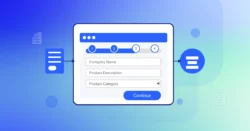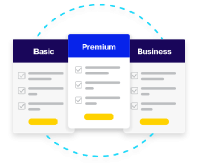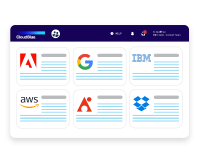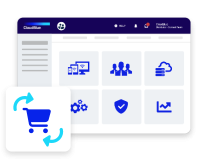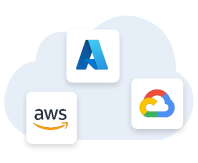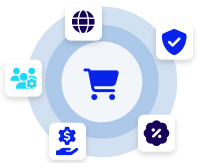Container as a Service (CaaS) is a cloud-based solution that simplifies the deployment, management, and scaling of software containers.
Containers package an application and its dependencies, enabling it to run consistently across different environments. With CaaS, businesses can use cloud providers like AWS, Google Cloud, or Microsoft Azure to manage their containers without needing to maintain underlying infrastructure, making it a great choice for companies of all sizes looking to streamline their software deployment process.
Whether a company is using Docker or Kubernetes, CaaS platforms provide managed container services that support these popular tools and enable easy scaling, secure management, and cost-effective infrastructure usage.
The primary advantage of CaaS is its convenience: it offers a straightforward, managed container management system that developers can use to deploy applications efficiently. Instead of handling complex networking, load balancing, and scaling issues, teams can focus on writing and deploying code, allowing them to bring applications to market faster.
Benefits of CaaS for Businesses
CaaS is especially beneficial for businesses looking for flexibility in cloud computing and container management. Since it is a managed service, CaaS removes much of the operational workload required to manage containers, such as provisioning, networking, and orchestration. This means companies don’t need a large, specialized IT team to deploy and manage applications at scale, making it ideal for small and large enterprises alike.
Additionally, CaaS offers a high degree of scalability. Containers are inherently lightweight, meaning they require fewer resources than traditional virtual machines. This feature, combined with the on-demand nature of CaaS, allows businesses to quickly adjust resources based on their application needs, making it easy to handle traffic spikes or scale down during off-peak times.
Since major CaaS providers such as AWS, Azure, and Google Cloud offer comprehensive security tools, businesses also benefit from built-in, managed security features that protect their applications and data.
CaaS Tools and Solutions
CaaS leverages a variety of popular container tools like Docker and Kubernetes, which are widely supported by major cloud providers.
Docker makes it easy to package applications in containers, while Kubernetes provides a robust platform for container orchestration, automating tasks like deployment, scaling, and load balancing. Together, these tools allow companies to deploy applications rapidly, monitor them effectively, and optimize performance over time.
Through CaaS, cloud providers offer managed Kubernetes and Docker solutions, providing companies with an accessible, integrated ecosystem of container tools. This enables faster setup times and enhanced support, making CaaS a powerful choice for companies moving to a containerized environment.
In the end, CaaS solutions provide a well-rounded, easy-to-use platform that supports companies in leveraging the advantages of cloud container technology to meet their goals.




